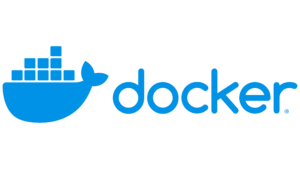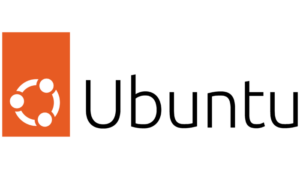413 – Flying Wigs
First up in the news, Arch migrates Git, Ubuntu changes PPAs, Fedora Onyx is approved, Google to remove old accounts, Debian re-imposes a moratorium, Proton goes Family, Red Hat unveils a new Desktop, Fedora plans to drop X11, Thunderbird gets a new logo;
In security and privacy, Google’s 2FA isn’t private enough;
Then in our Wanderings, I’m off to University, Joe is manacled to his office, Moss kicks the tires on the new Bodhi, and Bill migrates
The News
Arch Migrates Git
Ubuntu Makes “Significant Changes” to PPAs for 23.10
Fedora Onyx, Immutable and with Budgie, approved for Fedora 39
Google To Start Removing Inactive Accounts After 2 Years
Google Chrome’s 2023 UI Refresh on Ubuntu
Debian Votes to Reinstate Merged-usr File Movement Moratorium
Red Hat Reveals Podman Desktop 1.0
Fedora Intends To Completely Drop X11 in Plasma 6
Thunderbird Gets a Brand New Logo
Security And Privacy
Google’s New 2FA Isn’t End-to-End Encrypted
Full Show Notes Can Be Found Here
Wrap Up
- Joe – Tllts.org, linuxlugcast.com, MeWe, [email protected], Buy Joe a coffee
- Moss – Full Circle Weekly News, Distrohoppers’ Digest, [email protected], I’m on Mastodon as @[email protected], and other contact information can be found at It’s Moss dot com
- Bill – [email protected], Bill_H on Discord, @[email protected] on Mastodon, @wchouser3 on Twitter, and wchouser3 on Facebook also – checkout my other podcasts Linux OTC and 3 Fat Truckers
- Majid – [email protected] @atypicaldoctor on twitter, AtypicalAnaesthetist on instagram and The Atypical Anaesthetist Podcast on Spotify (https://open.spotify.com/show/6Uo4DsJE8fJmvo8npljbmx)
We would like to acknowledge some of the people who make mintCast possible:
- Bill Houser for our audio editing
- Archive.org for hosting our audio files
- Hobstar for our logo, initrd for the animated Discord logo
- Londoner for our time syncs and various other contribution
- Bill Houser for hosting the server which runs our website, website maintenance, and the NextCloud server on which we host our show notes and raw audio
- The Linux Mint development team for the fine distro we love to talk about <Thanks, Clem … and co!>
Podcast: Play in new window | Download
Subscribe: RSS




For me, an e-mail client is one of the most important desktop applications. Most/all of my e-mail accounts can be reached with a browser. But I see many advantages with a dedicated client, like:
– Same interface and settings, customizations for all accounts/at one place
– Overview of all e-mails
– I can shuffle around e-mails between accounts
– One address book for all accounts, as well as calendar, to-do etc (if I want to)
Furthermore, interesting to learn you (Bill) use Docker in stead of traditional LAMP stack. I use LAMP for localhost for development sites (I use Joomla in stead of WordPress). Docker may be an alternative for both localhost and live site, thanks for your knowledge sharing!
Henrik,
Thanks for your feedback. We’ll read it on tomorrows show, but I’ll respond here as well.
I agree with your take on email clients. If I were being honest, I’d admit I’ve never stopped using them. I just shifted the workflow from the desktop to my phone. I use K-9 mail to aggregate my personal mail, as well as the mail for all the shows. It’s nice to have one inbox where I have a place to view all the recent mail without moving from one page to another, and as you said – have a single address book to source from.
So with regards to my use of Docker – these containers do use a LAMP stack similar to a bare metal install except it’s bespoke to the container it’s associated with. This means you can have several separate webservers running behind one reverse-proxy which solves the problem of only one server at a time having access to port 443 which is what is needed for TLS. With the containers, I can use any port I want and leave it up to the reverse proxy to forward HTTPS traffic from the 443 external port to whatever port I assign to the container. If all I had was one website, or Nextcloud instance I could just install the traditional LAMP stack on the machine and forward port 443 to that machine. The containerized approach gives me the option to run 5 websites, a Nextcloud instance, a Collabora document server, a Jellyfin server, the Nginx Proxy manager it’s self, an Audiobookshelf server, and a pihole instance all on two machines. And they all run as well as if they were on bare metal.